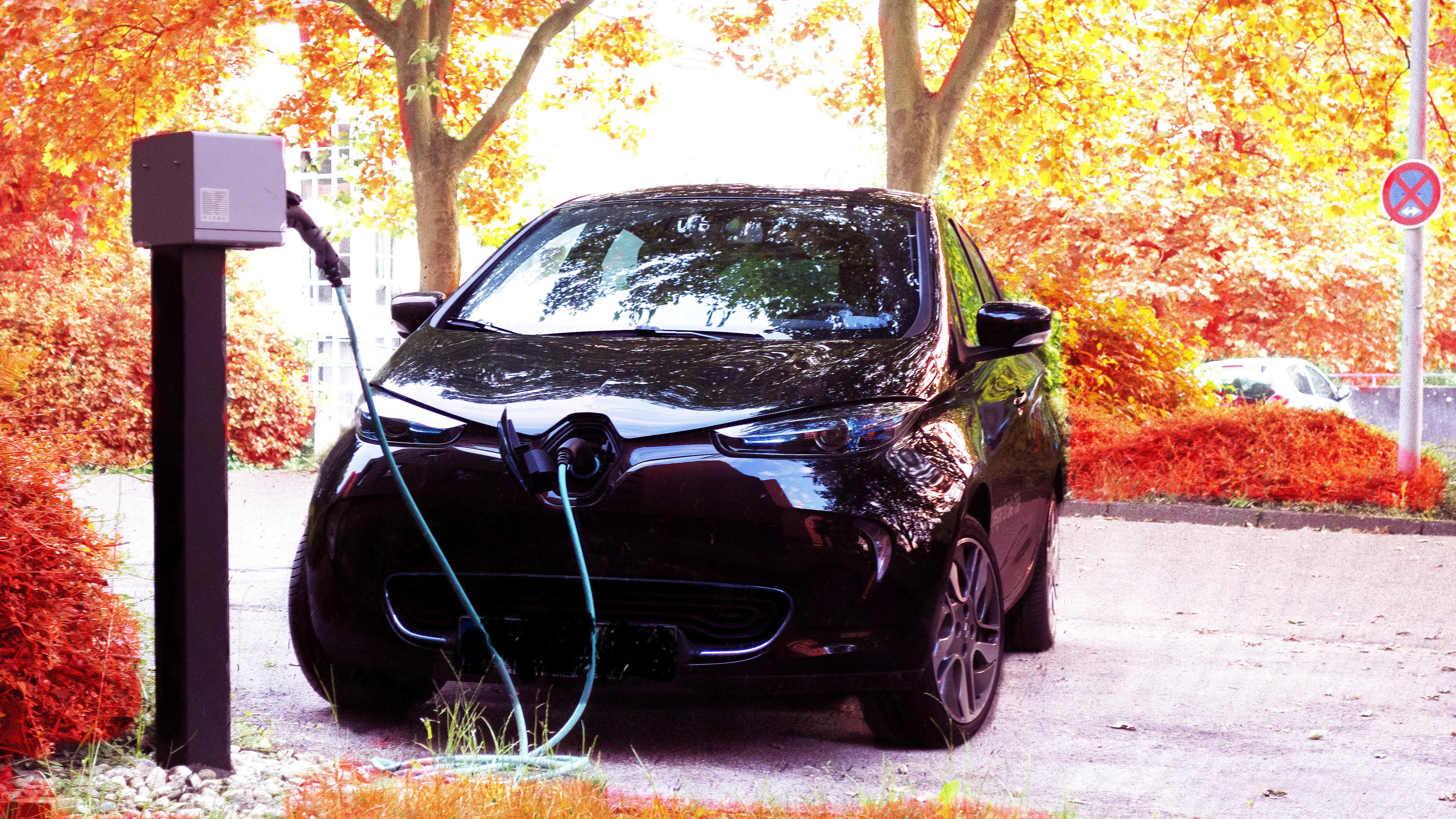New Electric Car Charging Points Law Kicks in - Here’s What You Need to Know
New electric car charging points must now be pre-configured to be "smart", helping owners to take advantage of cheaper overnight tariffs

A new law requiring electric car charging points to have “smart” behaviour has come into effect which will affect owners of electric vehicles.
Electric cars are becoming more mainstream in the UK, accounting for 11.6% of cars sold in the UK and over 15% in the first quarter of 2022. These new rules are designed to limit the strain on National Grid and ensure the best prices for customers when charging.
The law is part of new Building Regulations (Part S) on electric vehicle charging which now require all new build homes and buildings to have electric car charging points.
The rules affect purchases of new charging points made on 30 June 2022 or after - here’s the rundown on the requirements new charging points will need to have.
What is The New Electric Car Charging Points Law?
All new electric car charging points must now be pre-configured with smart behaviour. Essentially, they must be able to measure, record and transmit usage, both in minutes and as units or energy.
The law will affect anyone charging an electric car at home in England, Scotland and Wales at home or work (classed as private use) who is looking to buy new charging points.
New charging points must be able to delay or slow charging during periods of high grid demand, and to avoid charging during peak hours on weekdays, between 8am-11am and 4pm-10pm.
Get the Homebuilding & Renovating Newsletter
Bring your dream home to life with expert advice, how to guides and design inspiration. Sign up for our newsletter and get two free tickets to a Homebuilding & Renovating Show near you.
Drivers are encouraged to turn on their charge point during off-peak times, meaning there will be more renewable energy available in the grid. You can still charge your electric vehicle during peak times, but the idea is that setting your charging schedule to be off-peak means you can take advantage of cheaper overnight tariffs.

When Does The Law Come in?
The Regulations came into force on 30 June 2022, while device-level security requirements for new charging points will take effect on 30 December 2022.
However, if you purchased an electric vehicle charging point before 30 June 2022, this would not be subject to the new regulations, the government has confirmed. Additionally, the date of sale would not be affected by the actual delivery date of the charge point.
Furthermore, the regulations do not apply to non-smart cables or rapid charge points, or for charge points intended for public use.
Why Has the Rule Come in?
The government has pledged to install over 250,000 home and workplace chargers across the UK, and ministers have said they will end the sale of diesel cars and vans by 2030, in a move to increase the take-up of electric vehicles.
Electric vehicles are cheaper to run than petrol and diesel cars, due to extra efficiency and electricity being cheaper than fuel.
In 2019, ministers ran a consultation on smart charging functionality to assess potential issues with grid power supply. And in December 2021 the Electric Vehicles (Smart Charge Points) Regulations 2021 was signed into law.
How Much Do Charging Points Cost?
Currently, installing a dedicated charger at home costs around £800, according to the RAC, but previously available financial support from the government has ended this year.
The OLEV grant, which provided a 75% contribution to the cost of one charge point and installation, with a cap set at £350, closed in April. And earlier this month, in a move widely criticised by automotive industry and motoring groups, the government scrapped its last-remaining UK electric car subsidy, the Plug-in Car Grant.
The Department for Transport now plans to focus funding on expanding the public electric chargepoint network.
What is Part S?
Building Regulations Part S took effect on 15 June and requires anyone taking on a self build or custom build who includes associated parking within the site boundary to install an electric vehicle charger.
Jack has worked in journalism for over a decade and was the former News Editor of Homebuilding & Renovating between 2019 until 2023. In his time as News Editor he broke the most relevant and beneficial stories for self builders, extenders and renovators, including the latest news on the construction materials shortage, planning permission and green initiatives. In 2021 he appeared on BBC's The World at One to discuss the government's planning reforms.
He enjoys testing new tools and gadgets, and having bought his first home in 2013, he has renovated every room and recently finished a garden renovation.

